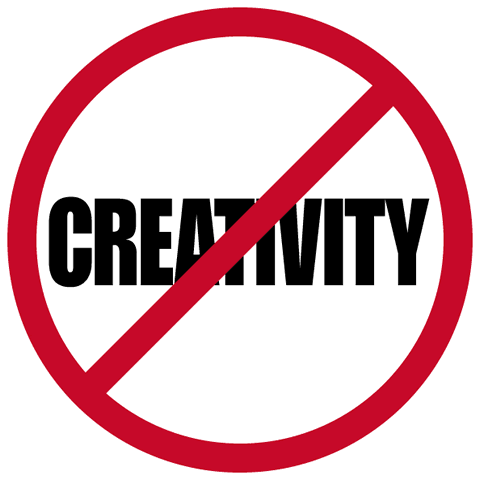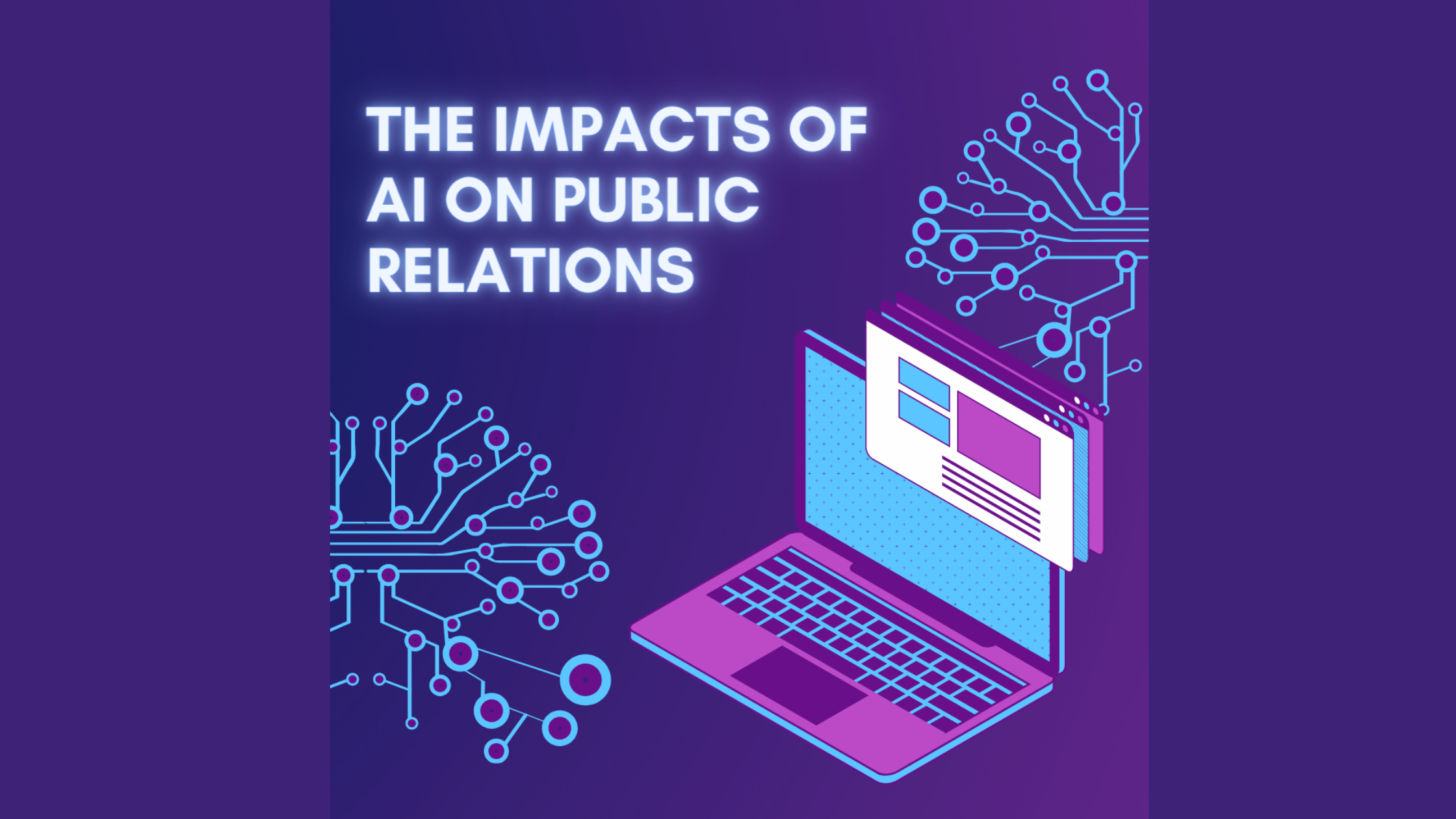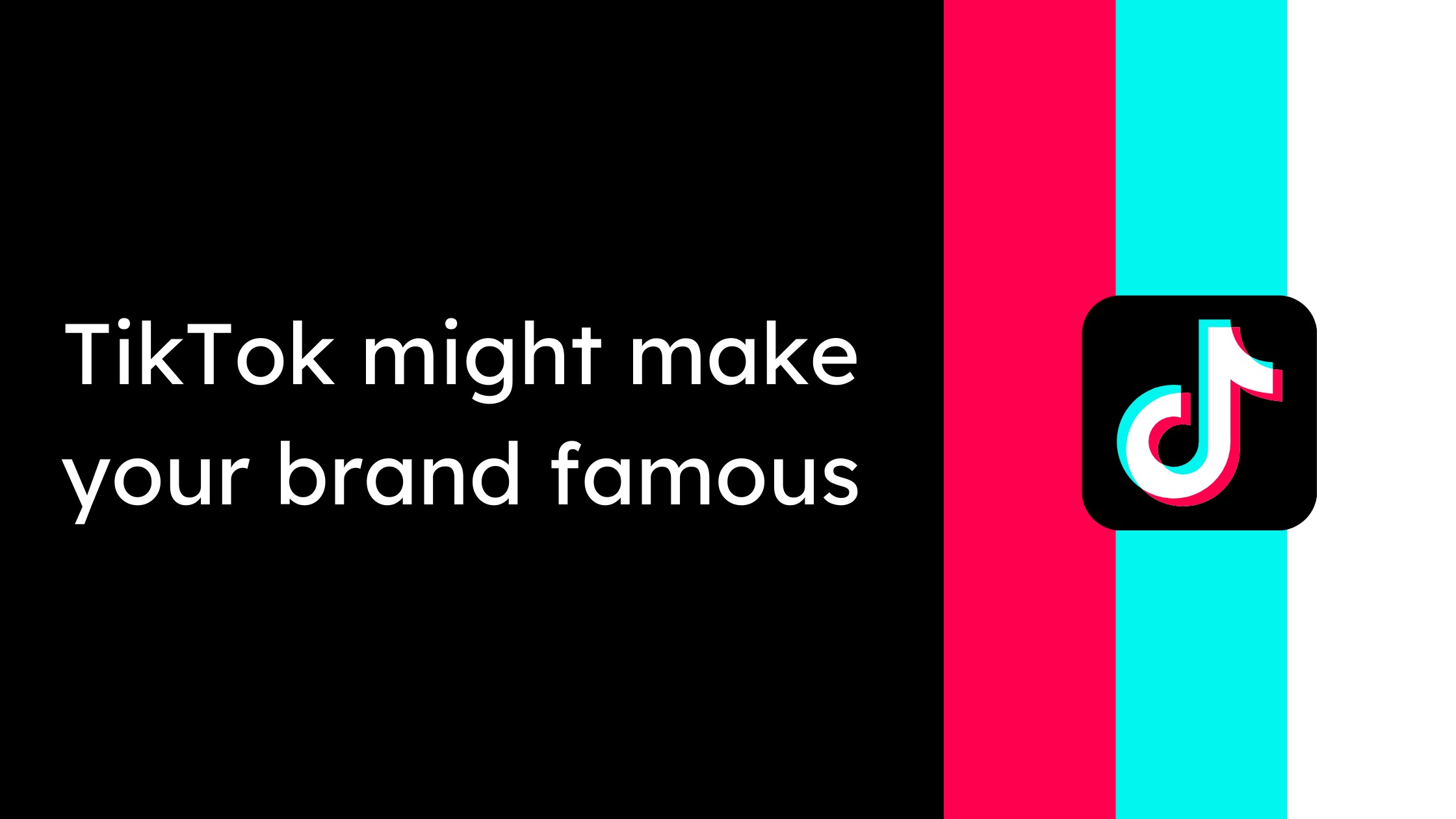Alison Harris
Imagine living in a world where with one wrong click your favourite websites could disappear. In 2012 when the Stop Online Piracy Act (SOPA) and the Protect IP Act (PIPA) were announced people took notice worldwide. The Internet has become home to many creators and informative sources whose work is threatened by SOPA. The bill proposed to heavily censor the Internet, making it incredibly difficult to sell and distribute any product or work that was even remotely associated with a copyrighted product. Websites that feature user-generated content could be effectively shut down, censoring the internet and limiting creative online content.
Imposing stricter than ever regulations, these bills would have a huge impact on many of the 50 most visited websites of 2012. Websites including Wikipedia, YouTube, Tumblr, Flickr and Twitter would be at constant risk of government intervention due to the actions of one of their millions of users. SOPA and PIPA may be American bills but would impact other international websites, Canada included. The bill would have the power to shutdown and block access to all to the infringing foreign websites within the United States.
The current copyright law, the Digital Millennium Copyright Act (DCMA) removes individual pieces from the web that are infringing on copyright; SOPA and PIPA are targeting entire domain names. A comparison of current and proposed bills is the best way to explain the result of a perceived infringement. For example: what if a user uploads a clip from the newest blockbuster film to YouTube? Under the DCMA, the film’s production company has the right to report it to YouTube and for it to be removed from the website. That is end result; after the video is removed YouTube would continue running as usual. However, SOPA is going after domain names. If a domain name is found to be infringing on the copyright law – in this case YouTube – it can and will be shut down. It’s alarming that the actions of one user would impact millions of people who use the website daily.
Websites such as Tumblr would not be able to withstand the SOPA bill. Tumblr is a blogging platform and social network that lets users post text, links, images (often GIFs) and videos. Scenes and images from movies, television and music videos are often posted. It is a place where users can be creative and write fan fiction, draw pictures, make music and share this content freely with other fans of these copyrighted works. If SOPA were to pass, fans, many of whom are young people, could be considered criminals for their use of copyrighted characters and themes to show their passion for the topic. Tumblr is one of many websites that would struggle to remain active due to the massive amount of copyrighted content shared on individual blogs and accounts.
If the SOPA bill were to pass it would be prohibited for websites to infringe on any copyrights, meaning that even linking to a website that is potentially infringing on copyright laws is illegal. Consider how many outbound links are posted on Wikipedia, or a personal blogs or other professional websites. Further, websites caught infringing would be refused association with any payment company such as Visa and MasterCard, rendering their website useless due to no income.
Bills such as SOPA impose a sense of apprehension. Though this may be successful in achieving the bill’s goal, it also restricts creativity and the websites that allow us to share with a like-minded community. With a more watchful eye on the Internet the government might soon have much more control over what we do and don’t see. The wide array of content that is available online may be in jeopardy with content providers at possible risk of violating SOPA..
Yes, copyright laws are important and are needed in order to protect copyrighted content. However, there comes a point where laws can be taken too far and SOPA, although likely produced with good intentions, has done so. We should not censor the information that is currently available to us and we should not penalize groups of people for creating art, writings, music in honour of original works they love and more. Think; how many of your favourite websites could be gone after a click?





